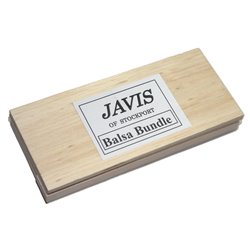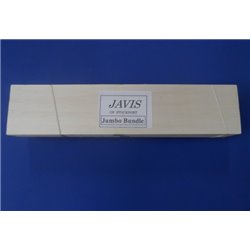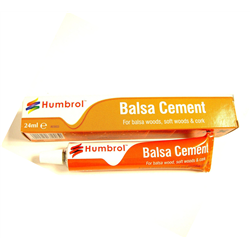Felix Pole was an ambitious employee of the Great Western Railway. Born in 1877, by the age of 27 he was working in...
No products
Product successfully added to your shopping cart
There are 0 items in your cart. There is 1 item in your cart.
Search Tips
Why is balsa wood a good choice for modelling?
Balsa wood is a popular choice for modelling for several key reasons:
Lightweight: Balsa wood is incredibly light, making it easy to handle and ideal for creating models that need to be moved or transported frequently. Its lightness also makes it suitable for building models that need to be supported by thin structures or frameworks.
Workability: Balsa wood is soft and easy to cut, shape, and sand, allowing modellers to achieve precise and intricate designs without requiring heavy-duty tools.
Strength-to-Weight Ratio: Despite its lightness, balsa wood has a remarkable strength-to-weight ratio. It can support considerable weight relative to its own, making it suitable for structural components in model aircraft, bridges, and architectural models.
Availability: Balsa wood is widely available, both in hobby shops and online. It comes in a variety of sizes and thicknesses, providing modellers with a range of options to suit different projects.
Cost-Effective: Compared to other materials like plastics or metals, balsa wood is relatively inexpensive. This cost-effectiveness allows modellers to experiment and refine their designs without a significant financial outlay.
Environmental Considerations: Balsa wood is a renewable resource, as it comes from fast-growing trees. This makes it a more environmentally friendly choice compared to synthetic materials.
These characteristics make balsa wood a versatile and practical material for a wide range of modelling applications, from school projects to professional prototypes.
Click here to receive the tips weekly in your mailbox. You can unsubscribe at any time.










